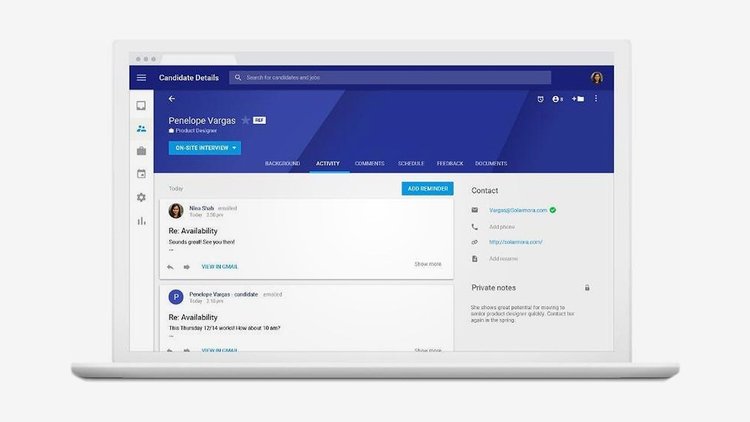5 Common Resume Mistakes
Job hunting is never easy, whether you're just starting out or established in your career. One dubious advantage the unemployed have is that they’re old pros of the resume game. They keep their resumes polished, step calmly and confidently into interviews, and know how to tailor cover letters in the blink of an eye. Whether you're a pro at polishing resumes or new to the job-hunting world, here are five mistakes to avoid on your resume.
1. Typos & Grammatical Errors
It seems almost too easy, but these errors can really kill your prospects with a hiring manager. You know how to spell just fine, but you've stared at your resume for so many hours that it almost seems like a different language to you. You know it front to back, so it's easy to miss a spelling typo or grammatical error.
The easiest way to combat simple spelling errors is to have someone else give your resume the once-over. For most people, spelling mistakes and grammar issues will leap off the page, and a second opinion can be invaluable on your resume.
2. Mass Mailing Your Resume
If you're just simply blanketing job posting boards with your resume, it shows potential hiring managers that you're not interested in the particular job they're offering. If you're not willing to read the job description and tailor your resume for the job, they think you don't care enough about the job to do it, and they won't think it's worth their time to meet with you.
Even if your resume already fits their job description enough for you to apply, take some time to update it and rearrange it so that it fits the job description even more closely.
3. Ignoring Keywords
Most resumes are reviewed electronically before they’re ever seen by human eyes. The first round of culling happens through keyword spotting in hiring software. If you don't add certain keywords to your resume, it may not make it past the first round of screening and get in front of a human being.>
The keywords will be in the job description, but they're usually not labeled. You can generally pick them out because they're often repeated occasionally and you should be able to recognize their place in your industry. Make sure you include these exact keywords in your resume.
4. Being Too Wordy
If you have a 30-year career in academia and are a tenured professor, it makes sense that your curriculum vitae is two or three pages. If you're an average worker in a typical industry, you can condense your resume down to one page, or two in extreme cases.
You need to cull words judiciously, because there needs to be some white space on the page too. You don't want to bore the hiring manager with a 10-page resume, but you don't want to ramble on one page with 10-point font, either. The best way to combat this is to have someone else look at your resume and tell you what should be cut out or rephrased.
5. Being Vague
You need to put real, quantitative tasks and accomplishments on your resume. It's one thing to put descriptions about your former positions on your resume, but you need to be specific when detailing what you accomplished.
Vague job descriptions simply sound like you cut and pasted from a job listing. If you can put things in terms of what you accomplished and how, it sounds better than simply listing your title and everyday tasks. Avoid vagueness and buzzwords to attract more attention to your resume.
These are just five mistakes to avoid when crafting your resume. There are plenty of other job-killing errors, but the five above are among the most common. LiveCareer’s Resume Builder will help you create a mistake-free resume that lands more interviews and job offers.














